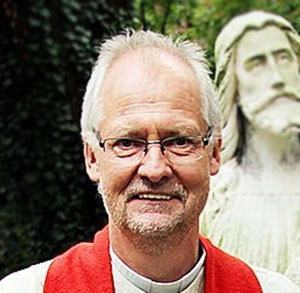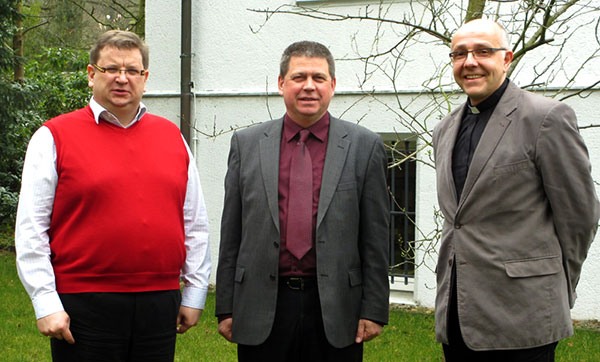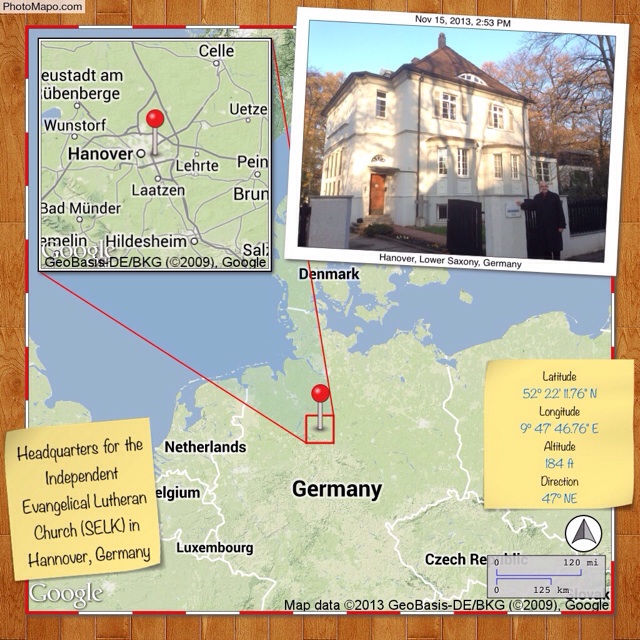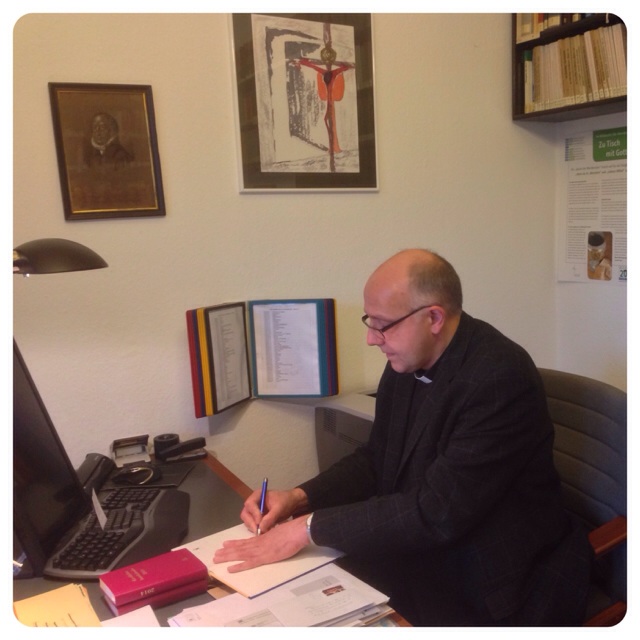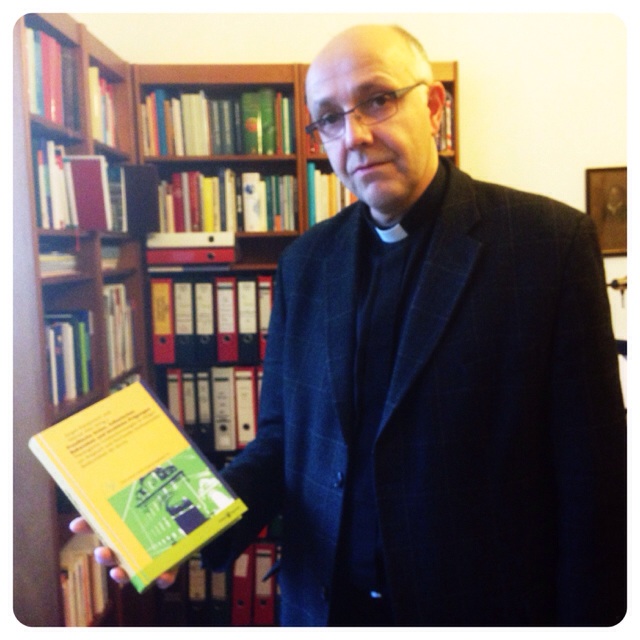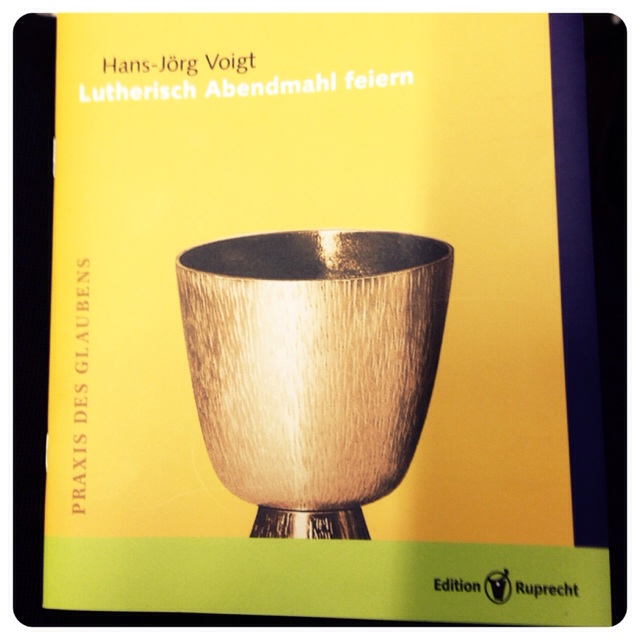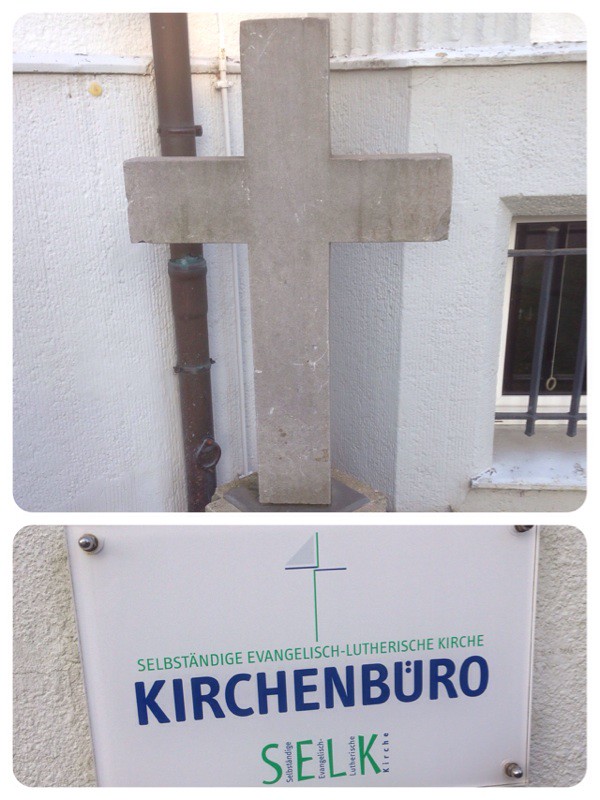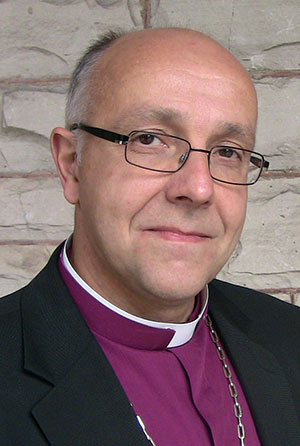
Bishop Hans-Jörg Voigt.
GERMANY – In the lead-up to 2014 Reformation Day observances, the journal IDEA (a prominent evangelical German publication) featured an interview with Bishop Hans-Jörg Voigt of the Independent Evangelical Lutheran Church (SELK) in Germany. In addition to leading SELK, Bishop Voigt serves as Chairman of the International Lutheran Council.
The interview was conducted by Karsten Huhn and attempts to answer the question: “What is the significance of the Reformation today?” Throughout the discussion, Bishop Voigt ends up speaking on a number of topics, including liturgy, confessional Lutheran witness, the nature of ordination, and the Reformation in 2017.
IDEA: Bishop, you lead a rather unusual church. Liturgically the SELK is almost catholic; its organizational form is that of a free church; and spiritually you try to be more Lutheran than the [State Church] Lutherans.
Voigt: I do not consider ourselves to be unusual. But I can understand that people are somewhat astonished. Yes, our worship services are quite liturgical. But we also use some newer forms of worship; but that is more a case of normality and exception. Financially we are organized as a free church: We do not participate in the church tax system; rather we depend on free-will offerings. Our synodical and episcopal structure is not typical for a free church. And whether we are more Lutheran than other churches? We attempt to organize our spiritual life in accordance with the Lutheran Confessions. We respect them as fully adequate expositions of the Holy Scriptures.
The interview continues from there. Members of the International Lutheran Council will find it an insightful look at the position of confessional Lutheranism in Germany. Read the interview in German here and in English here.
In addition to leading SELK, Bishop Voigt serves as Chairman of the International Lutheran Council.
———————

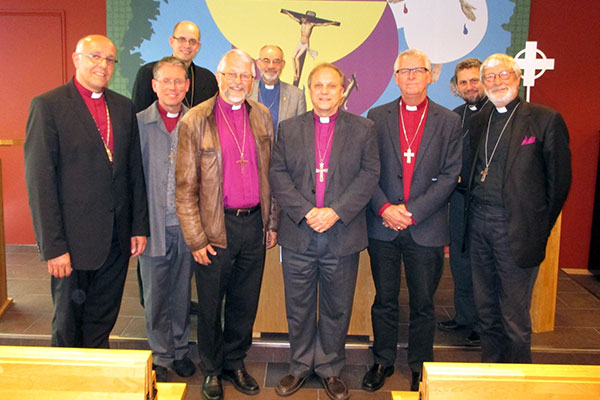
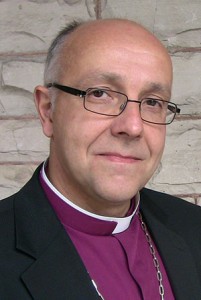 GERMANY – A year ago today, Bishop Hans-Jörg Voigt of the Independent Evangelical Lutheran Church (SELK) in Germany released a pastoral letter entitled “Discovering Marriage and Family as Gifts of God.” Its July 2 publication coincided with German observances of the Visitation of Mary to her cousin Elizabeth (Luke 1:39-56)—an appropriate day to consider the blessings of marriage and children.
GERMANY – A year ago today, Bishop Hans-Jörg Voigt of the Independent Evangelical Lutheran Church (SELK) in Germany released a pastoral letter entitled “Discovering Marriage and Family as Gifts of God.” Its July 2 publication coincided with German observances of the Visitation of Mary to her cousin Elizabeth (Luke 1:39-56)—an appropriate day to consider the blessings of marriage and children.